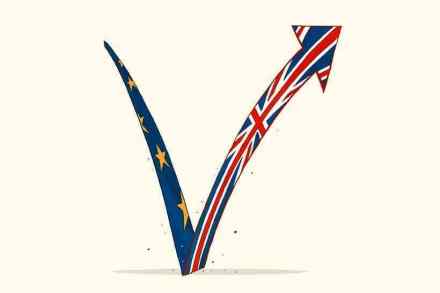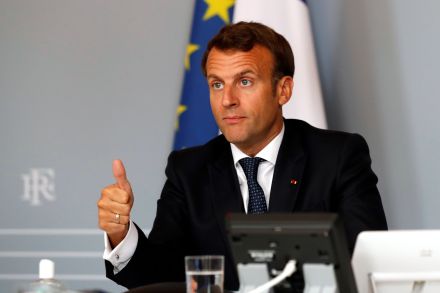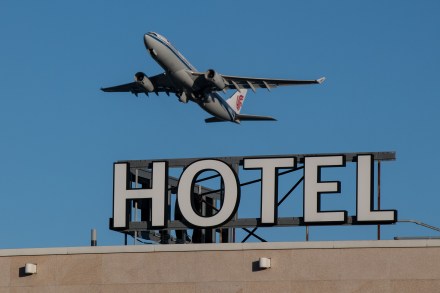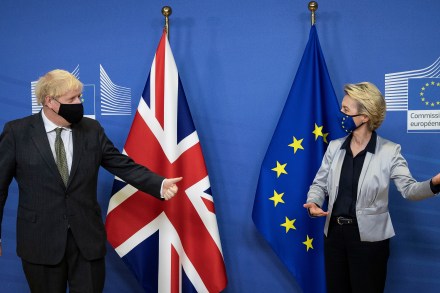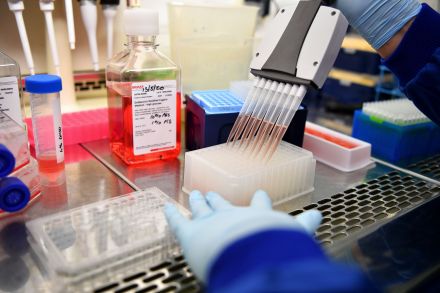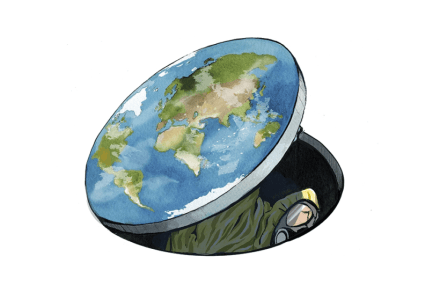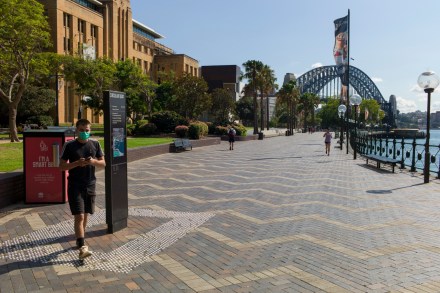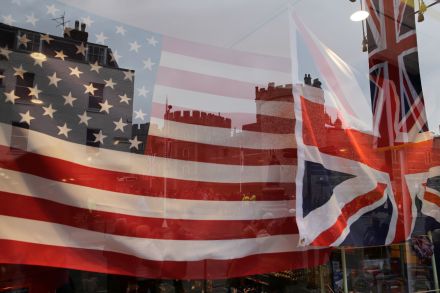What happened to the great Brexit trade chaos?
The ports would reek from the smell of rotting fish. Factories would close en masse as orders got snarled up in red tape. There would be chaos at the borders as deliveries were blocked, and services would hit a wall of ‘non-tariff barriers’ that would make it impossible for British firms to sell them across Europe. We have heard a lot over the last few weeks about how much disruption our departure from the European Union was causing for exporters, and there were lots of stories about firms that might go out of business or would have to move production to France or Poland. Membership of the single market, despite
